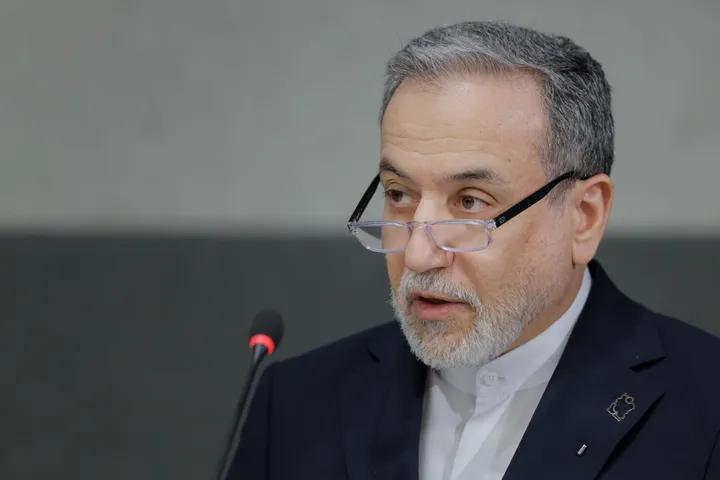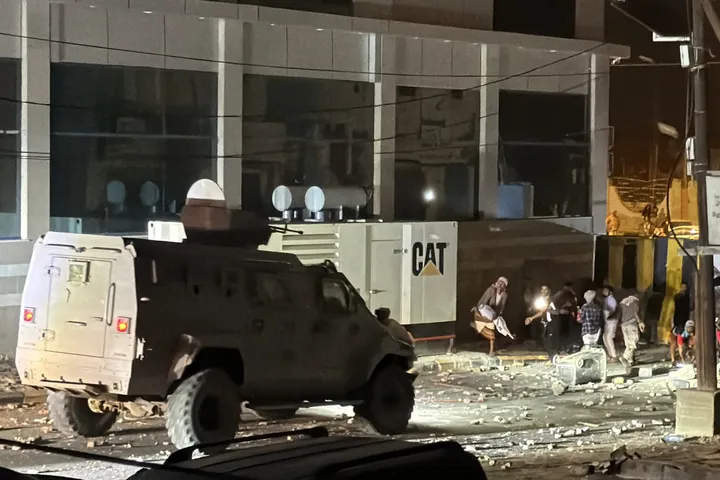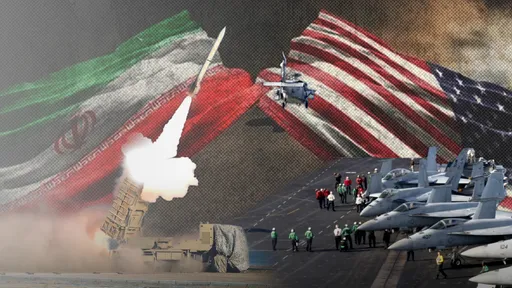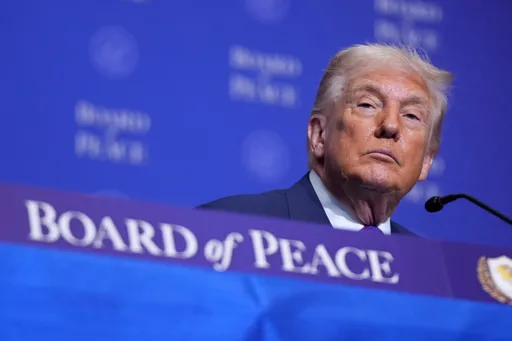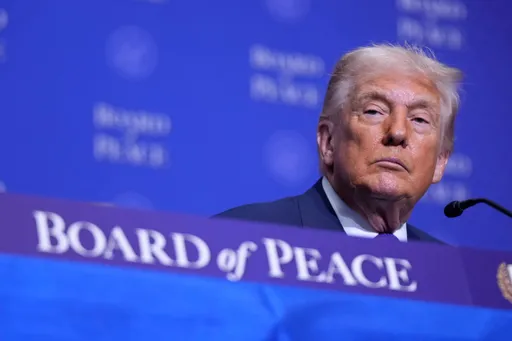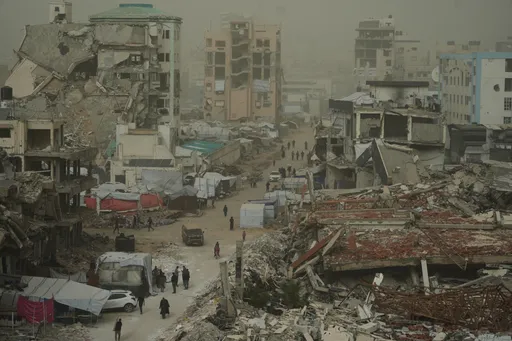The world’s faithful across the world have been facing difficult choices as the pandemic has led countries to suspend religious services in mosques, churches, synagogues and other places of worship.
For Muslims, whose holiest sites in Mecca and Medina have been also closed due to the outbreak. The approaching Ramadan, the holy month of fasting, could be a time of relief for believers as it urges compassion and caring for one another.
“Ramadan brings a change of climate, where you essentially remember others,” said Cafer Karadas, professor of divinity at the Uludag University, referring to the fact that the spirit of Ramadan encourages Muslims to help the needy through donations and charity work.
“For Muslims, Ramadan is not just fasting and staying away from certain things. But it’s also about feeling for others, who have been hungry and homeless, through the experience of fasting,” Karadas told TRT World.
Karadas thinks that Ramadan could be more crucial than ever in the time of the coronavirus outbreak, mitigating the painful impacts of the pandemic with its powerful spirit.
“Because people have been stuck in their homes under quarantine measures concerning the pandemic, their needs for food and clothing have increased a lot. Ramadan creates a perfect atmosphere in which people with essential revenues move to support others in order to cover their needs,” the professor said.
Across the world, under strict lockdown measures, many households have been suffering from a loss of income as unemployment skyrockets across the globe, from the US and European countries to the African continent and Asia.
Last week, Oxfam, one of the biggest international organisations dedicated to diminishing global poverty, published a report, warning that more than half a billion people could fall into poverty because of the pandemic.
The International Labour Organization (ILO) has also recently estimated that nearly 200 million full-time workers could lose their jobs.
Huseyin Ari, an expert in the High Council of Turkey’s Directorate of Religious Affairs, thinks that Ramadan’s spirit of aid could rescue many families under these intense global economic pressures.
“Ramadan is a period, when donations and cooperation reach their zenith. Rich Muslims generally prefer to give their zakat (obligatory alms) during the month of Ramadan,” Ari told TRT World.
“In addition to zakat, fitra, a special form of Islamic charity, has also been practised in Ramadan prior to the prayer of Eid to ensure that the poor could enter Eid in a happy mood,” Ari said.
According to the Muslim faith, prayers have a better chance of being accepted and appreciated by God during the holy month.
“As a result, to help people, who lost their jobs, having financial difficulties, at this particular period of the pandemic, will be an act of compassion God loves,” Ari adds.
Ari also exemplified the example of the Prophet Muhammad, whose generosity had no limits, particularly, in the month of Ramadan.
“Allah will help humans as long as they continue to help their Muslim brothers,” Prophet Muhammad said in one of his widely known hadiths (what Muslims believe to be the record of words, and actions of the Prophet Muhammad).
Ergin Abanoz, a 47-year-old public servant, who is leading a religious-based NGO in the Kocaeli province located in Turkey’s rich Marmara region, is someone, who strongly believes in the Islamic principle of cooperation that the Prophet Muhammad promoted in his life.
In Islamic thinking, if faith represents half of the religion, sharing all of your possible means with others is another half of the religion, according to Abanoz.
“In the absence of sharing, nothing is left from the sense of humanity,” Abanoz told TRT World.
“If Ramadan stimulates sharing as much as possible, even further making the virus and the pandemic a cause for us to generate more cooperation, the spirit of the holy month will be fulfilled as much,” Abanoz observed.
Across the world, states and people have developed different mechanisms to help each other as national lockdown measures have limited their physical connectedness.
In Indonesia, a large Muslim-majority Asian country, the minister of religious affairs urged the wealthy to fulfill the early payment of zakat and other donations during the pandemic, noting that it is necessary to pay attention to the distribution procedures not to infect others.
In Turkey, one of the village mukhtars (head), set up a public table in front of the office building, saying that people with resources could put their food on it as people without resources could collect those food items occasionally to feed their families.
“Ramadan could increase this kind of creative thinking across the Muslim world,” said Gokhan Ovenc, an economist at Istanbul University.
“I expect that public servants and others, who have not lost their jobs and salaries, will probably develop a different sensitivity with an empathy toward the unemployed and the poor, increasing their donations during Ramadan,” Ovenc told TRT World.
Ovenc also gave the example of creative thinking to increase morale and cooperation among residents in lockdown from Turkey’s eastern province of Elazig, where the municipality’s choir has been deployed in public buses to visit neighbourhoods and entertain people by singing local songs.
But Sabahattin Yilmaz, a construction worker from Elazig, where a strong January earthquake killed hundreds of people, wiping out a considerable amount of jobs across the province, thinks Ramadan will be “a difficult month for many”.
“Corona became the second earthquake for us,” Yilmaz told TRT World, indicating that the outbreak is compounding residents’ troubles. Yilmaz thinks that it will be difficult for many to commit zakat under the current circumstances.
While the pandemic presents imminent dangers for everyone including Yilmaz, experts also emphasise that people need to keep their spirits up.
“Muslims need to figure a good way out from a malicious situation [like the pandemic presents now],” said Adil Bebek, an emeritus professor of divinity at the Marmara University.


